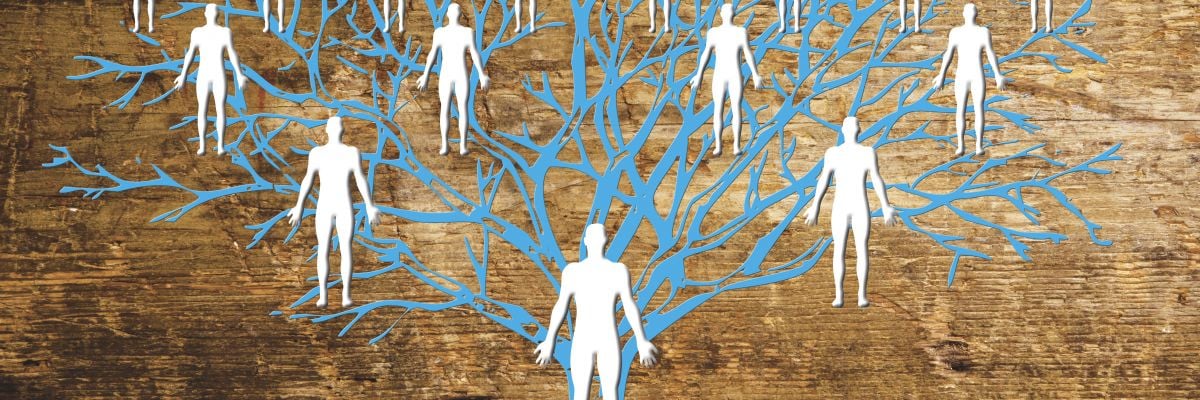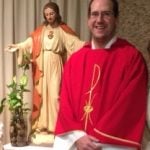
Question:
Answer:
Neither Matthew nor Luke give us an extensive detailed list of every relative in Jesus’ family. They simply trace a lineage between Jesus and someone else (David in Matthew, David and Adam in Luke). When trying to connect you to someone born hundreds of years before you there will obviously be several lines that can be drawn depending on who we want to emphasize in your family tree, especially if there are several large families in your tree over the centuries. Therefore it makes perfect sense that Matthew and Luke traced the lineage using different lines of generations depending upon the theological point they were trying to make.
On top of this, it was not uncommon to “skip” generations when doing a genealogy. If Billy’s father, Harry, is a “nobody” but his grandfather Willie is “somebody” then an ancient genealogist would simply write: “Billy was descended from Willie” and wouldn’t bother to mention Harry. So when reading ancient genealogies like in the Gospels we need to remember that they are not writing like modern writers, they are writing according the customs of their era.
The most glaring issue therefore is why St. Joseph’s father is listed as Jacob in Matthew and Heli in Luke. Some have theorized that Luke is really tracing Mary’s family but I find that argument unconvincing because there are better ways for St. Luke to have made that clear.
Another possible explanation is that when Luke writes “[Jesus] was the son, as was thought, of Joseph, the son of Heli. . .” (Lk. 3:23) Luke was using the phrase “as was thought” to refer to the entire genealogy and not just St. Joseph. This theory proposes that Luke is merely giving us what the popular understanding of Jesus’ family tree was at that time and not actually detailing it for us.
The ancient explanation (Eusebius, Ecclesiastical History 1:7) that would seem to make the most sense is that Heli and Jacob were brothers (or half brothers). One of them died childless and the other married the widow and they had a child on behalf of the deceased brother (Deut. 25:5-10).



